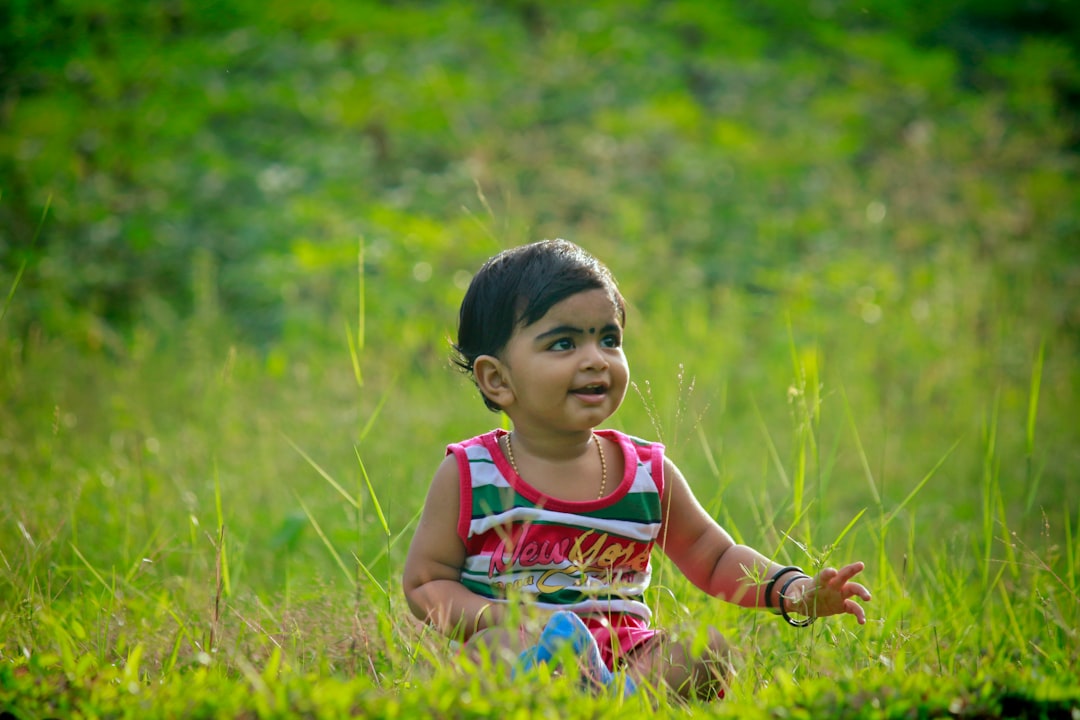**Introduction**
The formative years of a child’s life, from birth through to the age of eight, are not just about growing taller or learning the alphabet. These years are critical for cognitive, social, emotional, and physical development. Early childhood development (ECD) isn’t merely an educational step; it’s the foundational base that influences lifelong learning, behavior, and health. The stakes are high, and understanding the nuances of early childhood development can empower parents, educators, and society to equip our youngest generations with the tools they need to thrive.
The Science of Early Learning
Understanding how children learn is pivotal in shaping effective teaching methodologies. Cognitive development in early childhood is influenced by an intricate interplay of genes and environment. During these years, a child’s brain undergoes rapid growth, developing neural connections at a phenomenal rate. Engaging children through play, structured activities, and exploratory learning can significantly enhance this neurological development, leading to improved memory, problem-solving skills, and language acquisition.
Emotional and Social Milestones
The emotional and social development of young children is deeply interconnected with their overall growth. These aspects are cultivated through interactions with parents, caregivers, and peers. Emotional self-regulation, empathy, and social skills are built through a nurturing environment that offers consistent support and appropriate challenges. Activities that encourage cooperation and understanding of emotions are essential, as they help children learn to navigate the social world and build the resilience that will support their academic and personal lives.
The Role of Physical Health
Physical health is another cornerstone of early childhood development. Nutritional needs are particularly high during this stage, as they directly affect cognitive and physical growth. Regular physical activity is crucial as well, as it helps develop motor skills and supports overall health. Sleep is another critical component; adequate and quality sleep is necessary for mood regulation, cognitive function, and general well-being.
The Impact of Early Education
Early childhood education plays a significant role in setting the stage for lifelong learning. Quality early education programs can bridge socio-economic divides and offer children from all backgrounds a chance to succeed. These programs are not just about academics; they also provide a structured environment where children can develop critical thinking skills and a sense of curiosity about the world around them. The focus is on creating a balanced approach to nurturing a child’s mind, body, and spirit.
Parental and Community Engagement
The involvement of parents and the community is crucial in supporting early childhood development. Parents who are engaged in their child’s education from a young age can foster an environment of learning and curiosity at home, complementing educational efforts in school. Community involvement can also provide a broader support network for children, offering various resources and diverse interactions that enrich the developmental process. Collaborative efforts between parents, educators, and community leaders can create a supportive ecosystem that nurtures young learners.
**Conclusion**
The journey of early childhood development is complex and profoundly impactful. By focusing on comprehensive growth—encompassing cognitive, emotional, social, physical, and educational aspects—we can provide children with the tools they need to grow into well-rounded and capable individuals. The early years are not just a stage to be managed but a critical period of opportunity that can shape the trajectory of a person’s life. In nurturing our children’s development, we are not just shaping their futures; we are influencing the future of our society.






